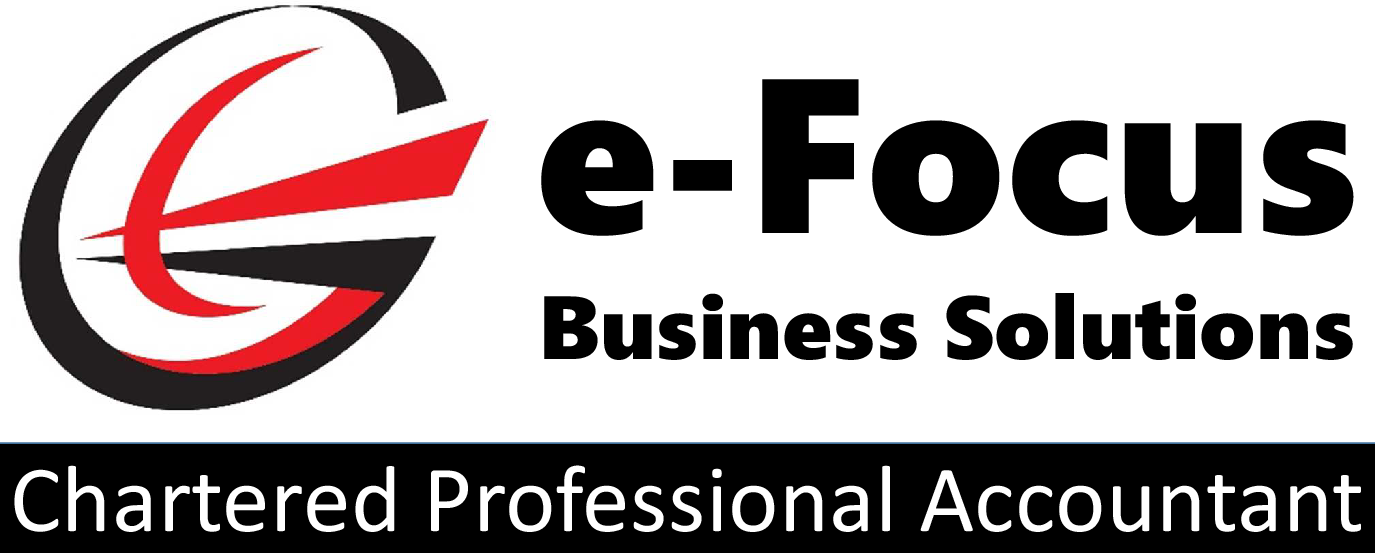Tax Fraud vs. Tax Negligence: Understand the Difference
When running a small business, it is essential to understand the difference between tax fraud and tax negligence. In this article, we clarify these terms so that you can avoid unsavory business practices and stay on the right side of the law.
Let's start with some basic definitions to understand the difference between tax fraud and negligence.
Fraud is wrongful or criminal deception that results in financial or personal gain.
Negligence is failure to take proper care in doing something.
Tax Fraud
The IRS defines tax fraud as "the willful and material submission of false statements or documents in connection with an application and/or return." From this and the above definition, the key terms are "intended" and "willful." Tax fraud is intentional. In other words, someone who commits tax fraud is willfully doing so.
Two primary examples of tax fraud are failing to file a tax return or filing a false return. If the IRS suspects tax fraud, they look for key factors:
- Underreported income
- Use of a false social security number
- Falsified documents
- Intentional failure to file or pay taxes
Of course, not everyone fails to pay taxes if committing intentional fraud. That's where negligence comes into play.
Tax Negligence
The key point to focus on with negligence is that it is unintentional. For example, let's say you're completing your business taxes and accidentally typing in an incorrect amount by mistake. You weren't intentionally or purposefully entering the wrong amount; you simply made a human error. While you were negligent in that act, you were not behaving fraudulently.
You can think of negligence as a careless error.
If the IRS suspects tax negligence, they will definitely let you know. A penalty will be added to the unpaid or misreported tax up to about 20% of the tax due, so you do not get off easy. In fact, tax negligence is more common than you think. The IRS estimates that about 17% of all taxpayers in the U.S. are non-compliant when filing taxes. In other words, it's easy to make a mistake.
It's easy to avoid tax fraud – pay your taxes promptly, honestly. Avoiding tax negligence may be more complicated since it can result from human error. To ensure that you're not negligent when it comes to filing your small business taxes, employ the services of a qualified tax accountant or CPA. They are trained to find issues that could get you into trouble with the IRS and are up to date on the latest tax laws and regulations. A skilled accountant can save you time, stress, and money in the long run!
